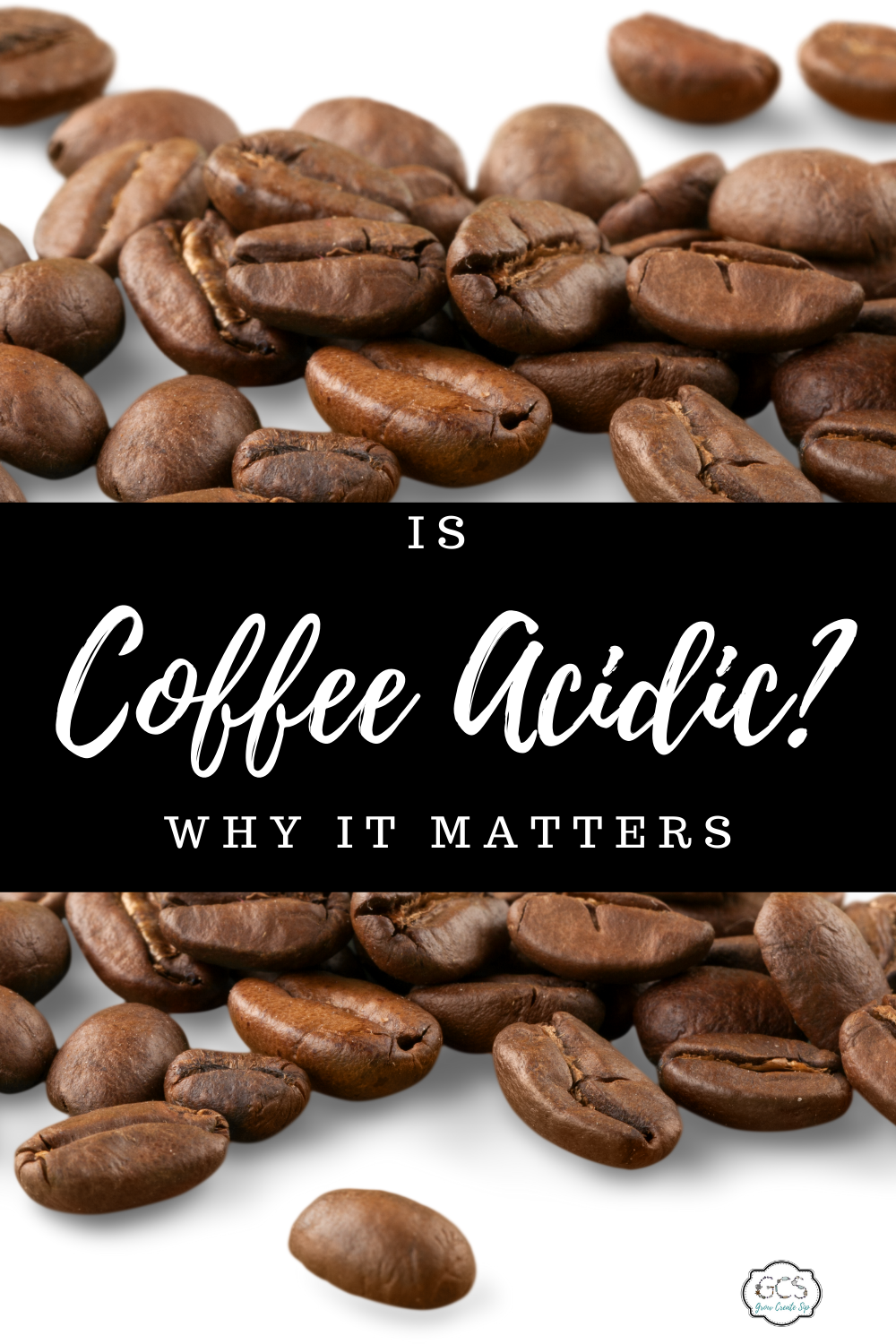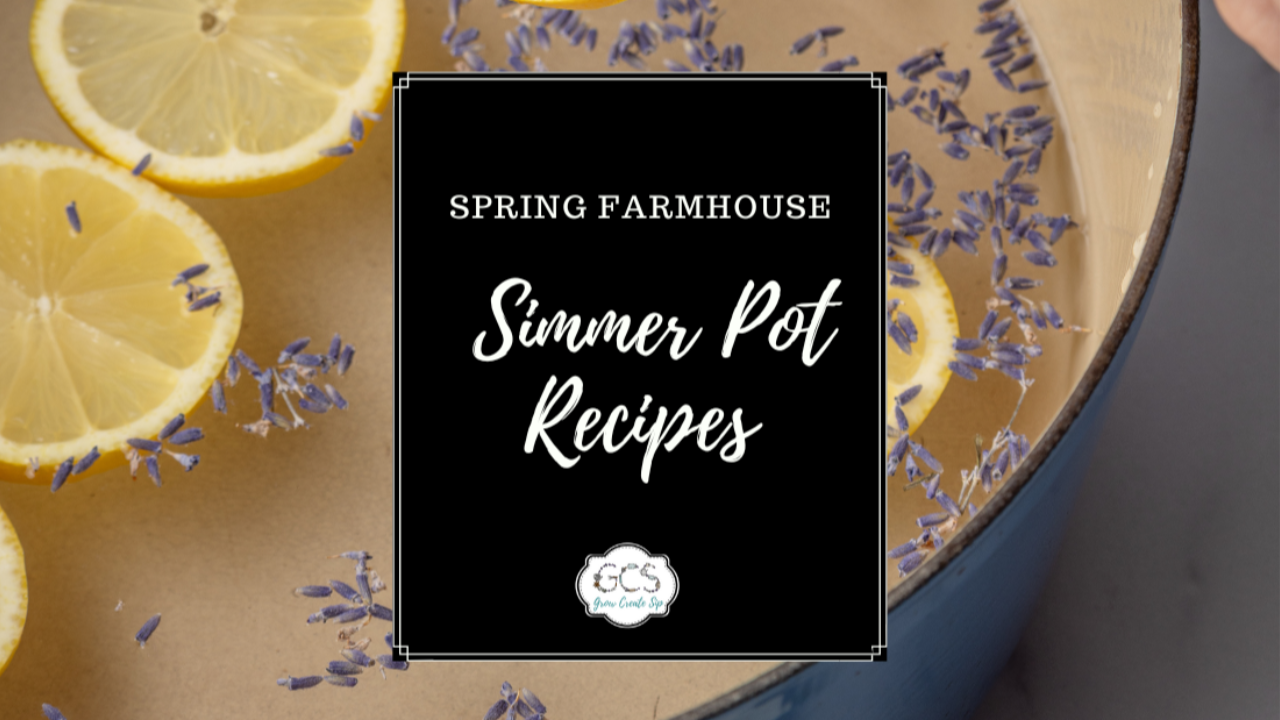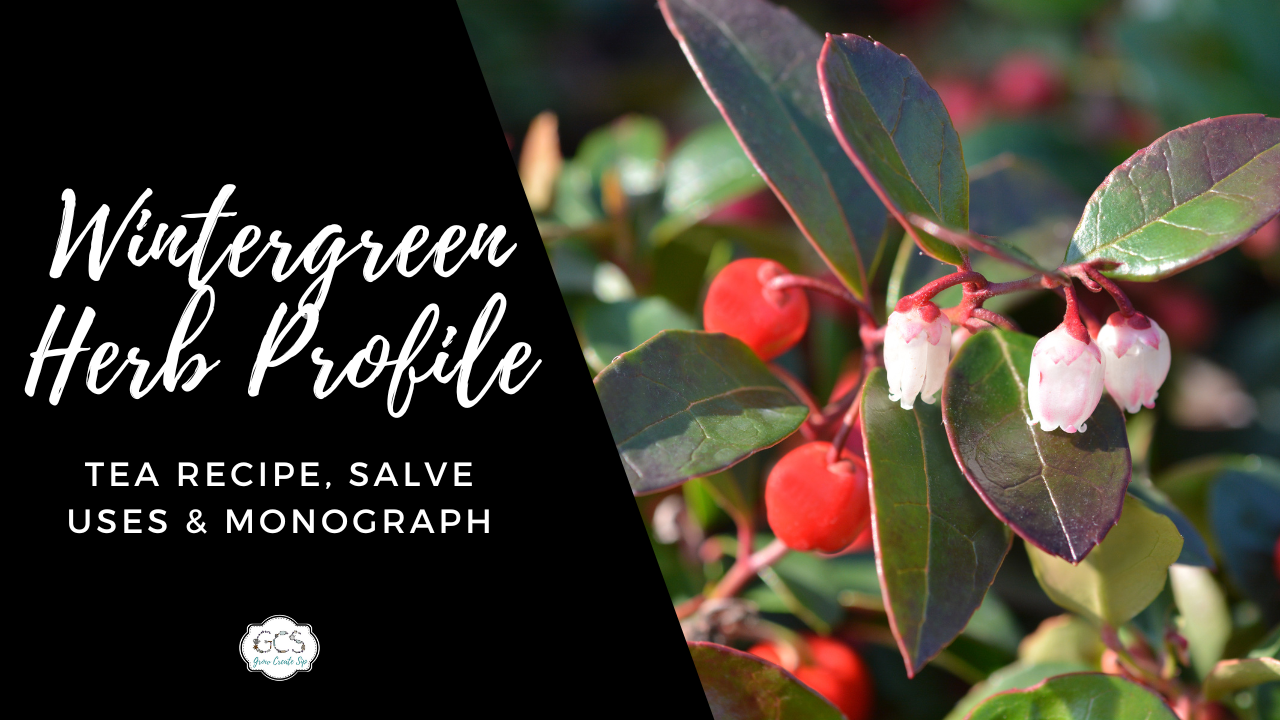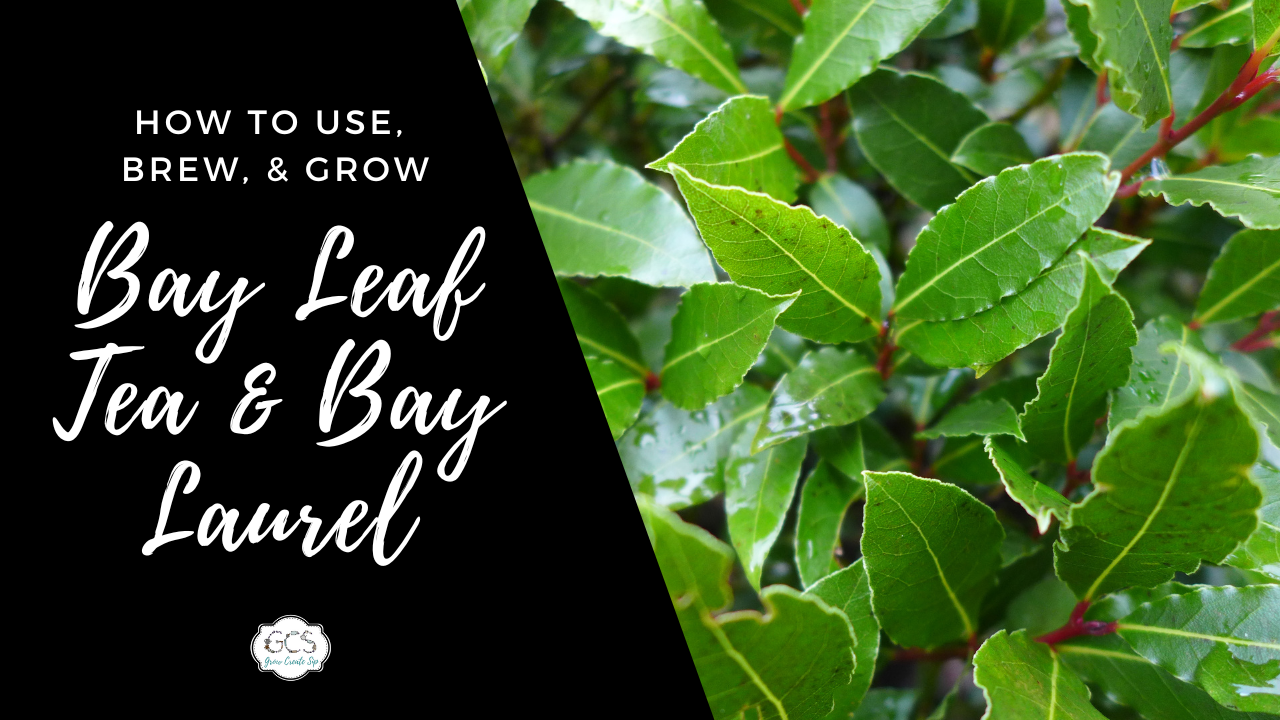Is Coffee Acidic?
Sep 07, 2021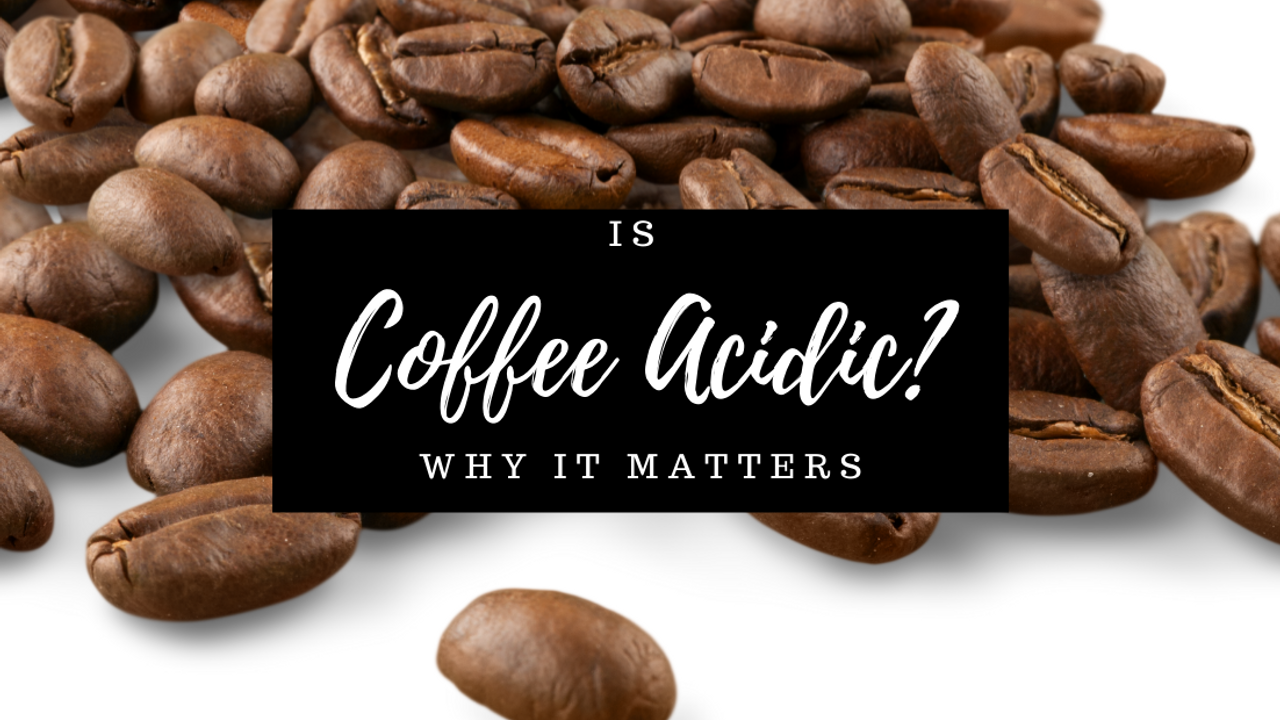
I'm a coffee drinker at heart. Eventually, my body wouldn't put up the coffee anymore and I had to give it up. I’m guessing because you are reading this you might have the same concerns that I did.
The caffeine caused my adrenals to burn out. Before they burnt out though I would get such high from the caffeine that I couldn't calm down. I couldn't sleep at night. I couldn't control my thoughts because they were flying by so fast I couldn't keep up. But I loved the flavor of coffee and the energy boost wasn’t too bad either. But caffeine highs are like debt, eventually, it has to be paid back. The acid in coffee doesn’t help things either.
I eventually switched to this chicory root tea and this dandelion tea, but before I dive into why I drink those let me explain what coffee was doing to me, and what it is likely doing to you.

Before we start:
This herbal information is just that, information, not medical advice. This blog post and I DO NOT INTEND to treat, cure, or diagnose any disease or illness. This is for informational, educational and entertainment purposes only. Please consult a physician before using herbs medicinally.
This post also contains affiliate links. Translation: We get a little kickback for sharing certain products, at no additional cost to you, should you choose to purchase said items. And - thank you for supporting our farm and family! Read the full disclaimer here.
Is Coffee Acidic?
The simple answer is yes, most coffee is acidic, by the nature of the chemical makeup of a roasted coffee bean. Coffee pH ranges on the pH scale from about 4.85- to 5.10. Neutral is a 7. Coffee generally causes an increase in stomach acid that can result in health issues such as acid reflux and other digestive troubles.
A roasted cup of coffee contains quinic acid which is created during the chemical process of roasting. Quinic acid breaks down chlorogenic acids in the coffee beans which is what creates bitterness in the flavor. The natural chlorogenic acid is already bitter so by roasting them the coffee beans become twice as bitter as they would have been.
Lighter roasted beans will naturally have less bitterness and less acid because they will have less quinic acid due to less roasting.
Green coffee beans have much fewer quinic acids and as such are easier on the digestive system. One study even shows that the chlorogenic acids (not quinic) found in the green coffee extract were actually beneficial for their antioxidants and anti-inflammatory properties.
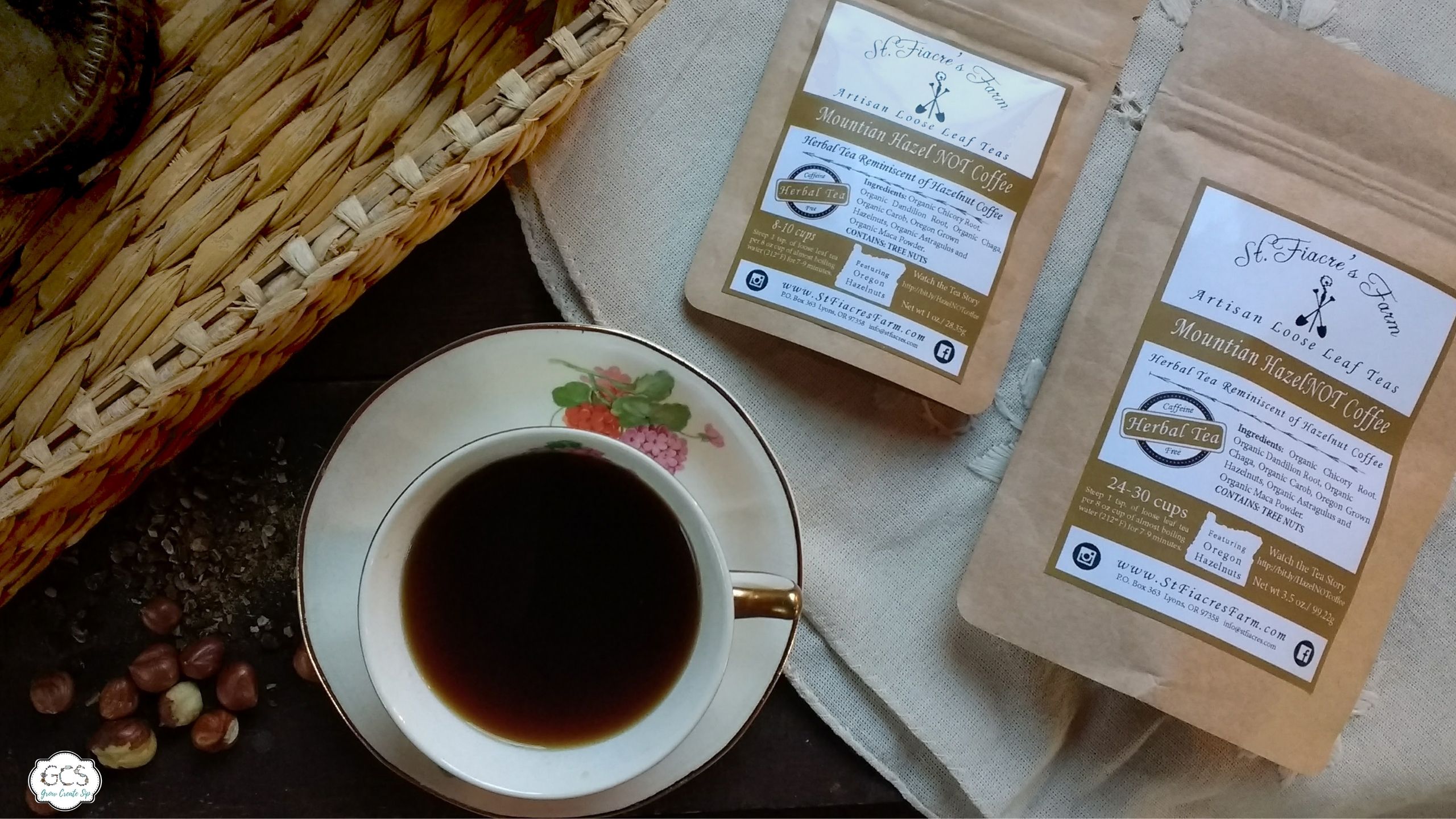
Why does coffee make me sleepy?
“Oh coffee, how I love it when you wake me up in the morning and keep be going through the day. But oh! That headache that says I need another cup or that sleepiness that shows up mid-afternoon.”
This was me before leaving my friend, coffee. If I didn’t keep drinking coffee I would get tired. Or even if I was drinking coffee I would get tired until I had another cup.
Caffeine levels in coffee are mostly responsible for this but they are not the sole cause of sleepiness. You see coffee has more caffeine than tea, which is why I switched but more on that later. When you drink coffee your body gets this instant caffeine shot. The caffeine tells the adrenal glands to get working, and it also tells your digestive system to get working (I know that is why some of you drink it, just say’n). That’s awesome until it’s not.
Becoming dependant on caffeine is sort of like creating your budget on debt. Eventually, the debt has to be paid back. You can get another credit card, and another credit card, and another. Eventually, though those creditors want their money back. Just like you can drink another cup of coffee, and another, and another, but eventually you tax your body. Your adrenal glands don’t have any more energy to give, your digestive system has taken a heavy acid load, your stomach acid is so high that now you have indigestion and acid reflux. You see, as with all things, too much, even of something good and tasty, can just be too much. Balance is everything.
Along with the caffeine, many people also add cream and sugar to their coffee. The acidic flavor is just a wee bit too much for some of us, I was one of those.
Adding sugar or sweetener to your coffee makes it taste fabulous, it makes the brain happy, you get a bit of a glycemic boost from it. Your happy and get stuff done. I’ve been there. The problem is that this glycemic boost isn’t good for your pancreas or those adrenal glands I mentioned, it’s also not good for your brain. These sugar boosts can cause things like Alzheimer’s because the brain has been dubbed the 2nd pancreas. When the sugar boost wears off the sugar crash comes. You know the one I’m talking about.
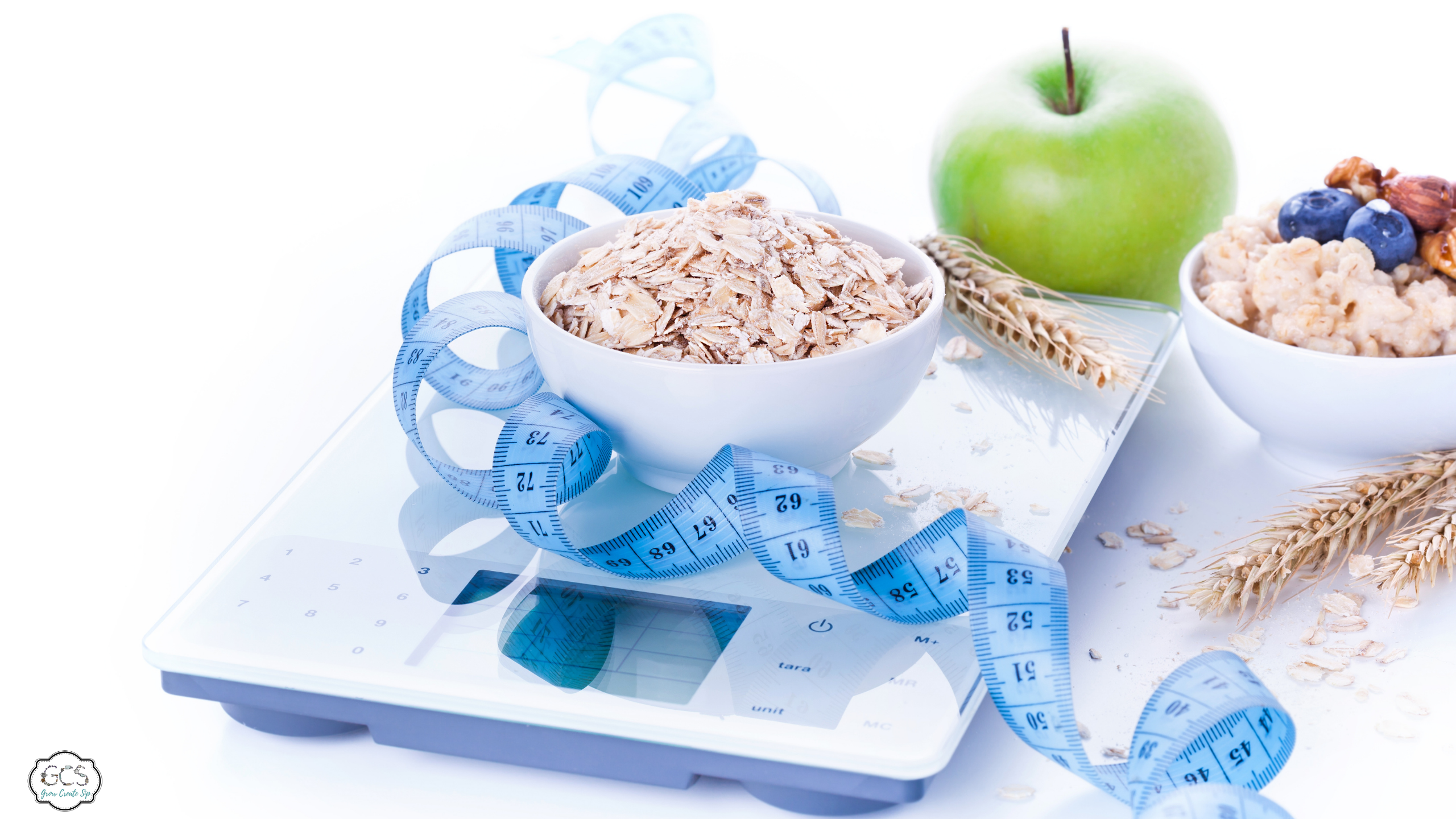
Does Coffee make you gain weight?
Creamer and milk added to the coffee, not to mention the flavorings and syrups, and the whole host of things that lead Starbucks to add a menu to the side of their cups, are also not helping you out.
So how many calories are in a cup of coffee?
A black cup of coffee has less than 5 calories but when you start adding sweeteners, flavorings, syrups, cream, milk, etc. you are adding calories to your cup of coffee. That black coffee no longer is just 5 calories but could be hundreds of calories. Not to mention many of these are empty calories if you are not careful. Corn syrup flavorings, white sugar, processed creamers full of chemicals are not just calories causing you to gain weight but they are also not building up your overall health. Weight loss may happen just but cutting down your coffee intake and replacing it with something healthier that won’t lead to weight gain.
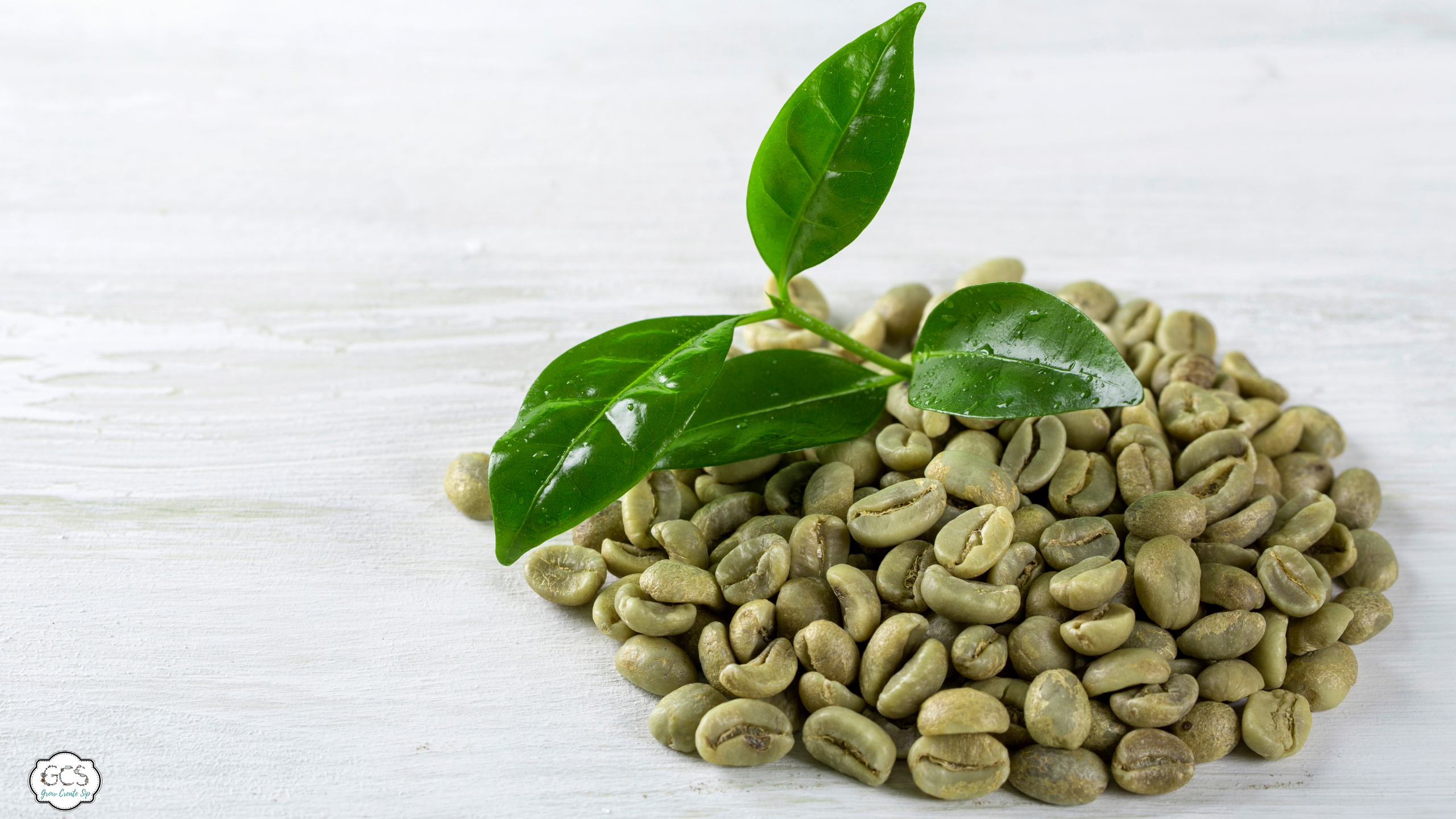
How is decaf coffee made?
When I had to give up my caffeine intake I was consuming in my coffee my next thought was that I could just drink decaf coffee. Which I did for years until I learned something about the decaffeination process.
Ludwig Roselius is a coffee company owner who is credited with figuring out how to make coffee caffeine-free. When they are making decaffeinated coffee they first inflate the green coffee beans with water or steam so that they can remove the caffeine. There are three basic ways that caffeine is removed from coffee. Once the beans are inflated either a solvent, water or activated carbon is used. For obvious reasons, I wasn’t a fan of decaf coffee made so with a solvent. I mean I was trying to be healthier right?
There is a healthier way to do caffeine extraction using a process called the swiss water process which was invented in the 1930’s. The beans are soaked in scalding water to pull the caffeine out and then put through a charcoal filter. This creates a flavorless caffeine extract that is then used on a new batch of green coffee beans. These beans are then redried and roasted (still adding more chlorogenic acids to their natural quinic acid). Most decaf coffee though is made with the solvent process which lead me to consume alternatives to coffee.
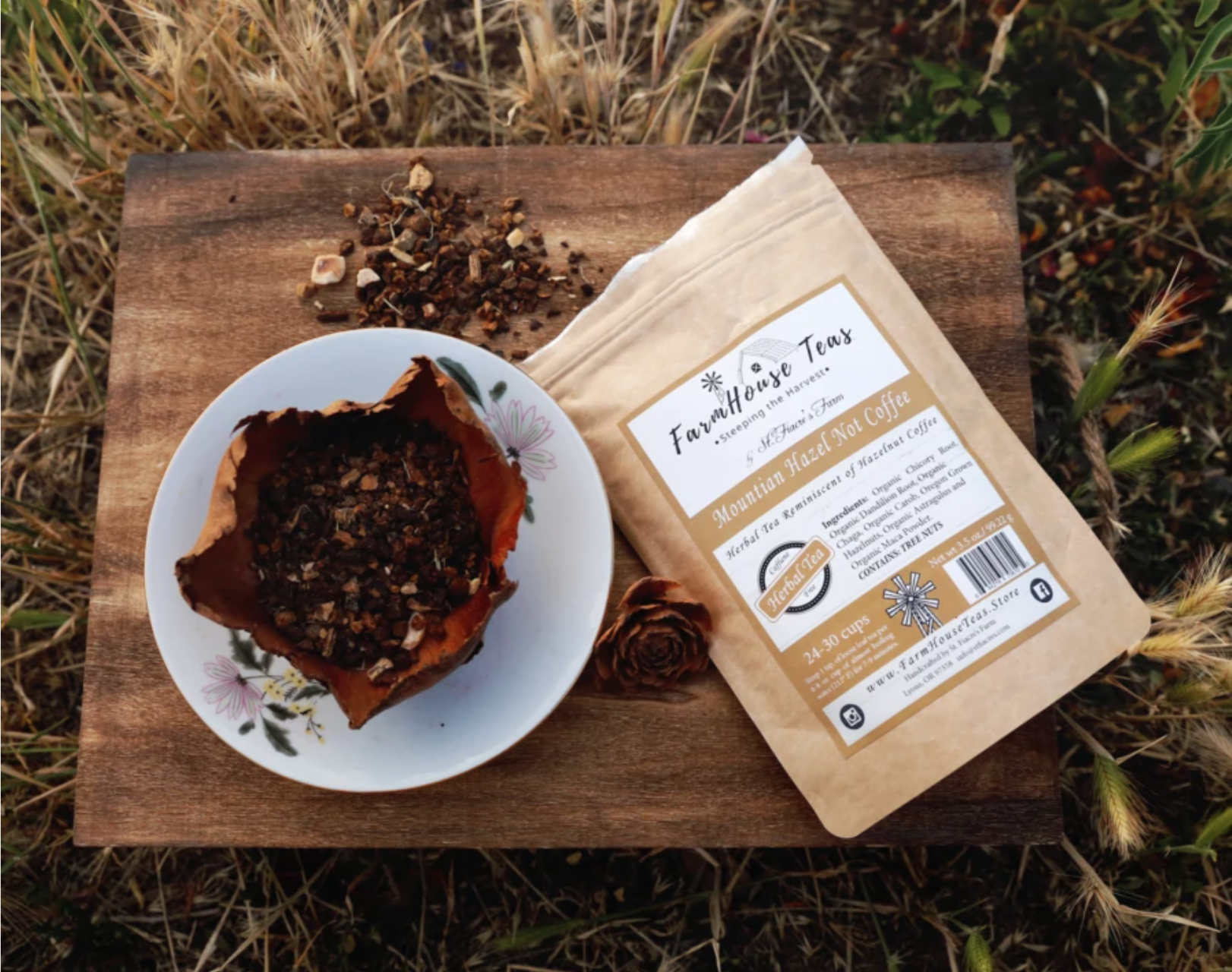
Alternatives to Coffee?
Phew! Who knew that the health benefits, and or lack thereof in coffee could be such a deep scientific subject? If you want the short version of why I quit drinking coffee and now drink alternative drinks it’s because coffee made me feel sick, tired, icky and deprived my body of essential nutrients. So what in the world do I drink instead? And how do I get anything done?
Well my fellow coffee drinking friend, I tried to start off drinking teas. I was in college at the time, I have to say the tea selection at my local community college was disgusting. It was watered down, and the tea options tasted like medicine. What a far cry from my beloved coffee with all the added goodness.
While I tried a great many different things to enjoy instead of coffee the list is much too long for this blog post. The short story and end of it all was that I discovered a drink called Dandyblend, a coffee alternative. It was easy to mix in fast and it was bold and thick like coffee. The thing is though that it still contained sugar beet. Sugar is on my no, no list not because of the calories it adds, but because it can drop your immune system by 80% along with the fact that I have an allergy to sugar. I really don’t want to end up swollen and in the hospital.
This leads me to my friend chicory root tea and dandelion root tea. The combo of the two is fabulous and tastes the closest to coffee that I can find. I love it so much that I created my own combination, not being able to find one that suited my coffee cravings, and they are much loved by our customers as they are by us. Shown by the number of 5 star reviews from coffee drinkers themselves.
This tea lead me to create other flavorful teas that outshine those bland college day teas of the past. Here are the top recommendations for coffee alternatives with rave reviews by fellow coffee drinkers:
- Mountain Hazel Not Coffee Tea
- Sugar Maker’s Not Coffee Tea
- Chocolate Conniption Not Coffee Tea
- Coastal Cranberry Spice Herbal Tea
- One of our many chai tea blends
- Pacific Peppermint Patty Herbal Tea
- Barn Raising Berry Herbal Tea
- Red Velvet Chocolate Tea
- Rooibos Chai Tea
- Creme De la Crop Grey
- Harvest Carrot Cake Herbal Tea
There are so many great coffee alternatives that now I struggle with choosing which one to enjoy. Make sure to check out all 55+ flavors over at our shop. If you happen to not find one there that you like take our free tea blending class here and learn how to make your own tailored just the way you like it.
Please do tell me though, fellow coffee drinkers, what is it that you love most about your coffee? Is it the smell, the flavor, the caffeine kick? And also what is it that you don’t like about your coffee? Leave me a note in the comments below. I’d love to know your coffee story!
